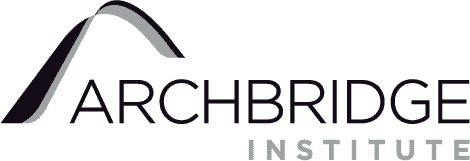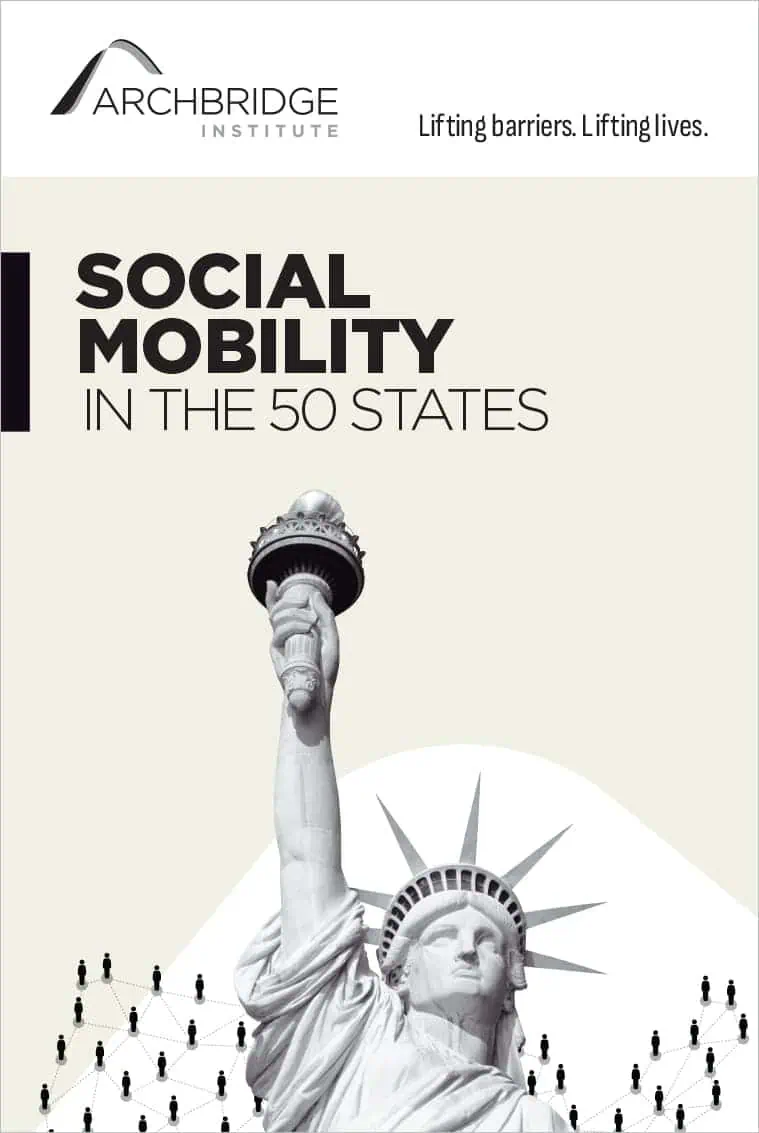
Why Does Occupational Licensing Matter in the Hawkeye State?
As 2019 came to a close, the labor market nationally could not be in better shape. Conditions are even better in Iowa. In December of 2019 according to the Bureau of Labor Statistics, the unemployment rate in Iowa was 2.7 percent–0.8 percentage points lower than the national average (3.5 percent). Although most Iowans are able to fully benefit from this robust job market, some of the most vulnerable citizens of the state are blocked from receiving an invitation to the party.
Occupational licensing establishes laws that require aspiring workers to obtain a government permission slip to work. To obtain this permission slip, individuals must pass exams, pay fees to the government, complete minimum levels of education and training, and meet a variety of other entry requirements. By making it harder for individuals to work, individuals may have a harder time obtaining employment or may be discouraged from participating in the job market altogether.
Occupational licensing has grown from affecting about 5 percent of workers in the 1950s to more than 1 in 5 (22.3 percent) in 2016. Licensing results in wasted or misallocated resources and creates unnecessary barriers to employment and economic prosperity. A recent study estimates that more than 24% of workers in Iowa are licensed and that licensing costs the state more than 48,000 jobs and $287 million per year.
Proponents of occupational licensing claim that licensing improves the quality of service delivered to consumers or protects public safety. Unfortunately, evidence does not support this claim. A comprehensive report performed by the Obama White House found little evidence that licensing enhances quality. In fact, recent evidence using Yelp reviews suggests that licensing may reduce the quality of services delivered to consumers. In an online platform for consumers seeking residential home improvement and maintenance services, consumers seemed more interested in the prices and ratings of professionals than their licensing status.
Licensing Makes the American Dream Become a Nightmare
In recently published research by the Archbridge Institute, we document how occupational licensing may be ending the dreams of citizens in Iowa of entering a new career and climbing the economic ladder. Between 1993 and 2012, Iowa added licensing requirements for 42 low- and moderate-income occupations—11 more than the national average of 31. Relative to this average, we estimate that growth in occupational licensing in Iowa is associated with a 4.7 percent reduction in economic mobility and a 10.9 percent increase in income inequality. Growth in occupational licensing is associated with fewer opportunities for workers to earn more than their parents and a widening of the gap between the rich and poor. Occupational licensing limits opportunities for employment and prevents hard working Iowa residents from achieving the American Dream.
Although the labor market in Iowa is strong, it is worth pondering how much better things would be with a more sensible occupational licensing regime. The significant growth in occupational licensing occurring over this 20-year period has no doubt created a stumbling block for entrepreneurs. Licensing was added for professions like manicurists, massage therapists, and taxidermists.
Aspiring entrepreneurs may have been discouraged from entering these trades and opening new small businesses. The unemployment rate does not tell the full story of workers that find themselves discouraged and desperate and drop out of the labor force.
The bordering state of Nebraska moved forward with comprehensive reform two years ago with passage of the Occupational Board Reform Act. The law subjects 20% of occupational regulations to annual review and sets forth guidelines to determine if occupational licensing is the appropriate form of regulation. Ohio passed a similar law last year and several states are considering a similar law this year. A similar bill was introduced last year in Iowa.
Moving Forward: The Occupational Licensing Consumer Choice Act and Rolling Reviews
This proposed version of the Consumer Choice Act is designed to reduce the barriers to enter the labor market and expand consumer choice. Professionals in many currently licensed occupations will be able to offer their services without obtaining a license to practice in the state, provided that they notify potential customers. Customers will be able to choose a service provider whose price and ability match their needs, irrespective of their licensure status. In effect, the law turns licenses into a form of voluntary certification. Professionals are able to signal their quality, education, and experience by obtaining a license, while competition will be increased with the addition of low cost providers.
Professionals and consumers both benefit from this legislation. It allows lower skilled and educated workers to begin practicing, helping ease their entry into the labor market and allowing them to build up their skills to have a successful career. The law also encourages interstate mobility. Workers can move to Iowa and begin practicing immediately, rather than wasting time and money retraining, reeducating, and retesting.
By requiring the notification of licensure status, the law continues to inform consumers of the quality of the professional. Increasing the number of professionals will increase competition, helping to lower the prices that consumers pay for their services. Finally, Iowans benefit by shifting the focus of regulators to health and safety rather than enforcing licensing requirements.
Another proposed reform is a rolling review of licensed occupations. This is designed to ensure that licensing restrictions that are no longer necessary are removed and overly burdensome restrictions are reduced to the appropriate level once the effects of the regulations can be evaluated. Under a rolling review, a portion of the bodies that oversee the licensure of an occupation must conduct a review to justify the existing regulations. The bodies that oversee licensing must release an annual report recommending eliminating, modifying, or maintaining licensing restrictions. The legislation contains language encouraging the least restrictive form of regulation that would maintain consumer safety. The less restrictive alternatives to licensing include government certification, registration, bonding, private certification, and market competition.
Again, both consumers and professionals stand to benefit from this legislation. Reducing licensing requirements for occupations that pose a lower safety risk will increase competition, help to increase the number of professionals consumers may choose from, and help to lower prices. The legislation still maintains protection against potential harm to the consumer, but does so by targeting regulation to the specific safety or quality issue. Meanwhile, professionals will benefit from the reduced barriers to entry for occupations that are now rarely licensed outside of Iowa. By matching the regulation to the risk posed by the industry, new entrants are saved from needless or irrelevant training which makes it more difÏcult to enter new fields or to move from other states.
For too long, occupational licensing has been restricting opportunities for people in Iowa. Common sense reform should be implemented to improve the lives of the citizens of Iowa and help restore the American Dream of prosperity.
The Archbridge Institute would like to thank the Texas Conservative Coalition Research Institute and the Institute for Justice for their work in crafting the model occupational licensing reform policies and allowing their publication here.
Edward Timmons, PhD, is a senior fellow at the Archbridge Institute. He formerly served as founding director of the Knee Regulatory Research Center at West Virginia University. He is regularly asked to provide expert testimony in state legislatures across the U.S. on occupational licensing reform and the practice authority of nurse practitioners. His work is heavily cited by the popular press, and he has authored numerous articles for media publications.





